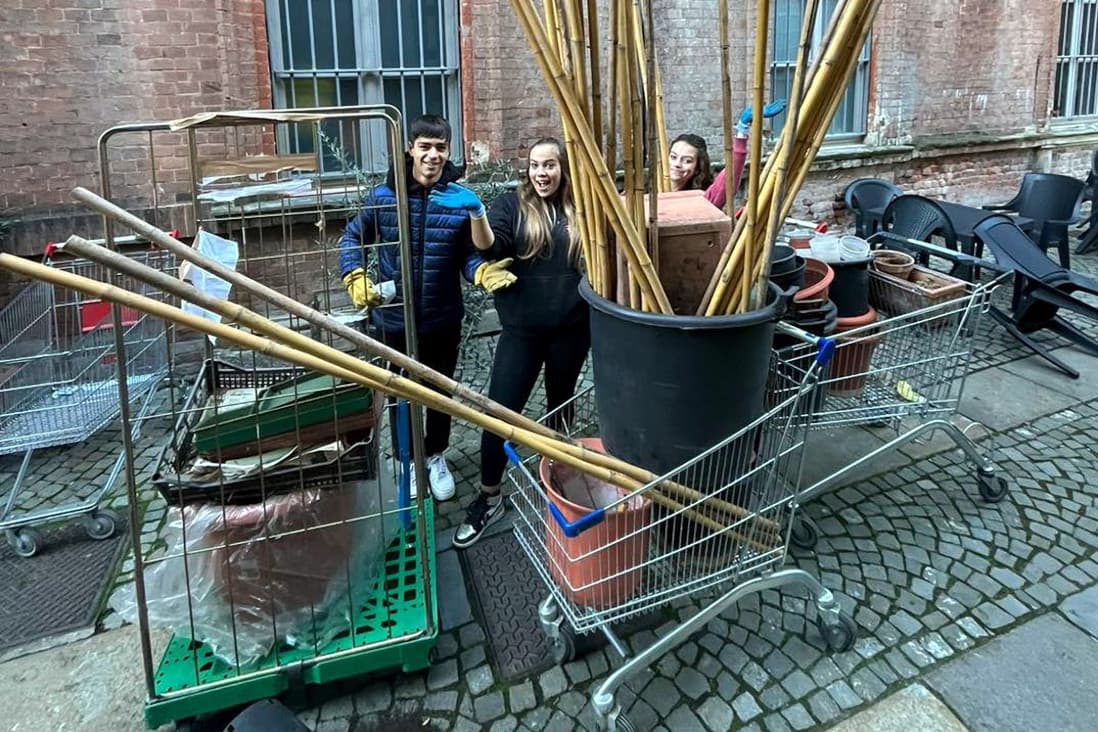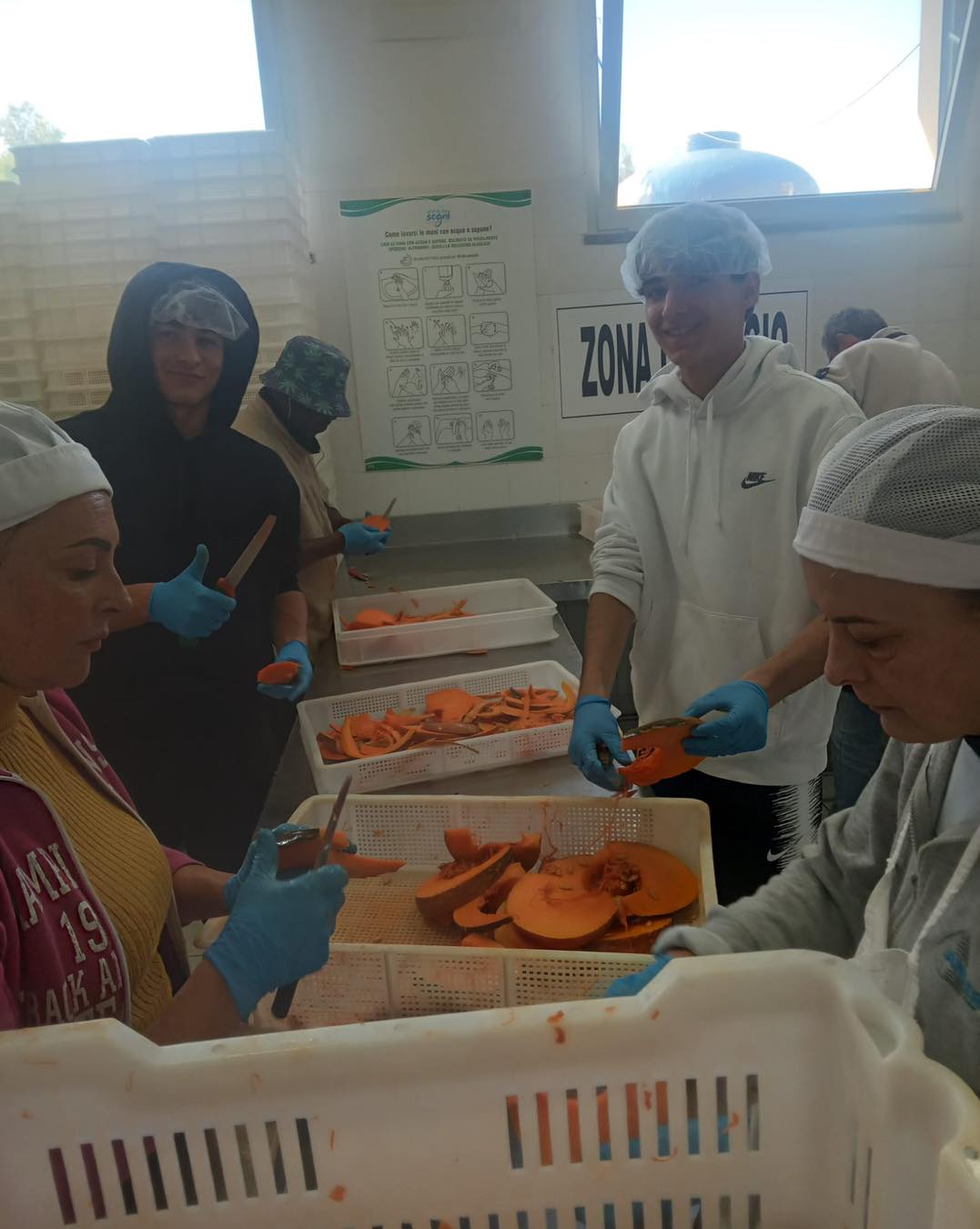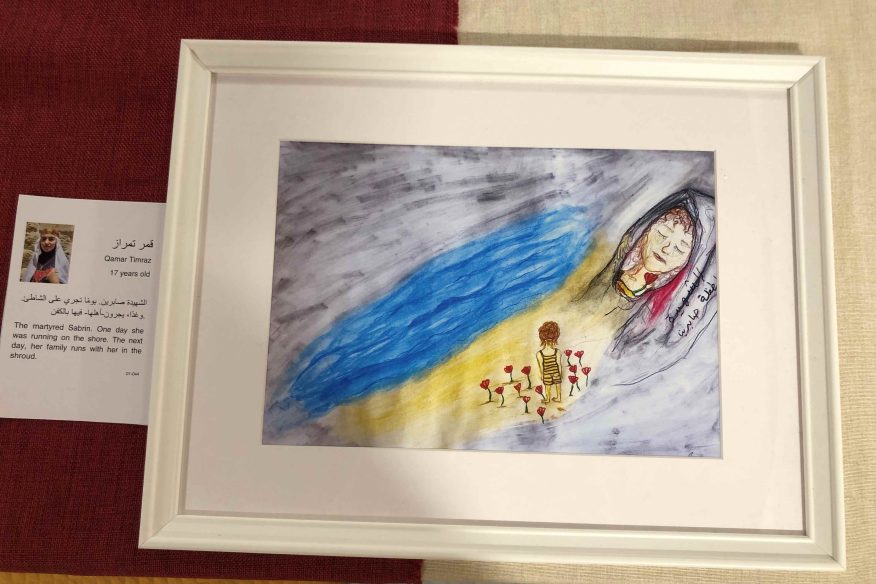The Social Week of the Massimo students

At the Massimo Institute in Rome, from 6-11 November, the fourth-year high school classes were engaged in the traditional Social Week, a time of service, reflection and sharing in connection with the hardships of our society. To relish this experience fully, the students were hosted by a number of facilities in our country engaged in third sector services.

In the ecclesial sphere, the event of the Catholic Social Week has long been known. Even at the Massimo Institute, for about ten years, an experience with this same name had initiated- although the formal title of the initiative is Introduction to Social Service Week, later shortened by students and teachers to “Social Week” – which although not connected to the traditional ecclesial event, represents for our high schools an essential tool of the institute curriculum for the formation of students as “men for others,” according to the famous saying of Fr. Arrupe.
During this week of insertion giving service in recognized social works institutions such as Sermig in Turin, the Cooperativa Al di là dei sogni in Sessa Aurunca, and the Emmanuel Community in Lecce, the young people, provided with full board (totally paid for by the school), spend a privileged, “curricular” time of manual service, listening to testimonies and reflections on specific areas of social distress (from drug addiction to prison) and share with the group the feedback of their personal impressions about their knowledge of the difficult realities of today’s world. This initiative is a well-known formula of Pope Francis’ magisterium regarding his multifaceted vision of education formed by the trinomial mind-heart-hands.

The boys have been reacting to this experience with interest and enthusiasm for years: despite times and patterns that require commitment and effort, normally, the educational benefits are manifold through the sharings that continue for weeks. Even after a few months of settling down, a time is proposed to the boys to review the experience of “helping the poor” precisely in order to develop the assimilation of the social and evangelical values of solidarity and social friendship.
After the pandemic (this experience had to stop for one year) the need emerges more and more to stimulate and form the boys in the spirit of encountering those diversities that are difficult because they are marked by suffering, because this encounter gives meaning and renews the value of much of their relational world.
And that is why it is important to help young people appreciate the work, by coming into close contact with those social works that bridge society and the marginalized. Social Week at the Massimo has not remained an isolated event over time. This experience, which is carried out by the fourth year students of high school, was the starting point of the creation of a real and solid curriculum of solidarity that starting from small and essential service experiences with the infant classes (such as participation in solidarity collections) is carried on through Primary and Middle School (with visits to volunteer sites), and finishing at High School where the students take part in various ways in their first volunteer experiences up to the formation of a fixed group of social action students, a Justice Team, who are trained to animate social initiatives at school and to reflect on related issues. These are journeys where our teachers also accompany and learn together with their students.
Edoardo Prandi
